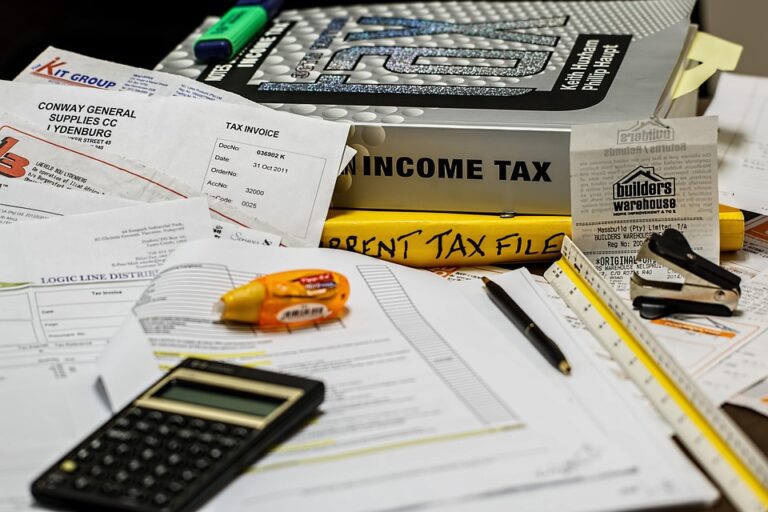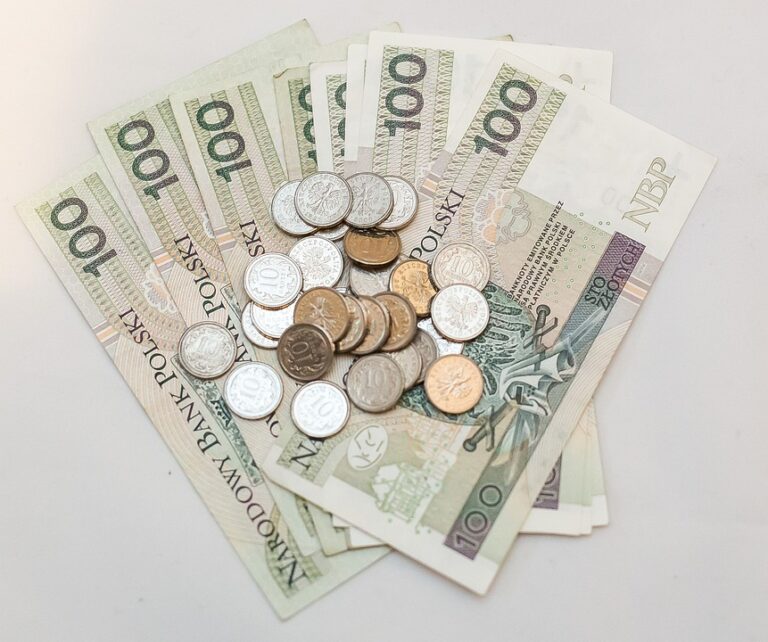Last updated Jun. 28, 2024 by Peter Jakes
The end of the school year is a significant milestone for both children and parents. It offers an opportunity to celebrate achievements, reflect on growth, and look forward to future academic endeavors. However, organizing an end-of-year celebration can sometimes strain the family’s finances. Effective financial planning and budgeting are essential to ensure that the festivities are both memorable and manageable.
Setting a Budget
The first step in planning any celebration is setting a budget. You’ll need to account for various expenses, including venue costs, food, decorations, gifts, and any activities your children might want to include.
1. Assess Your Financial Situation
Before deciding on a budget, ascertain your current financial status. Look at your monthly income and expenses to determine how much you can comfortably allocate for the event without jeopardizing other financial obligations.
2. Prioritize Needs and Wants
Once you have a clear understanding of your financial situation, list out the essential elements of the celebration (needs) and the optional extras (wants). Prioritize spending on critical aspects like venue and food first.
3. Set Realistic Expectations
Communicate with your children about what is feasible within the budget. This sets expectations early and avoids disappointments while teaching your children valuable lessons about financial planning and responsibility.
4. Create a Spreadsheet
A spreadsheet can help you keep track of all projected and actual expenses. This will make it easier to stay within the budget and observe areas where you might need to cut back or can afford to splurge.
Choosing a Venue
The venue you choose can have a significant impact on your budget. Here are some cost-effective options you might consider:
1. Home Celebration
Hosting the celebration at home is one of the most budget-friendly options. You eliminate venue rental costs and can spend more on other aspects such as food and entertainment.
2. Public Parks
Public parks often offer beautiful settings at a minimal cost. Be sure to check if there are any permits required and consider the weather.
3. Community Centers
Community centers can provide an affordable alternative to pricier banquet halls or restaurants. Many centers offer packages that include tables and chairs, decorations, and even catering.
Food and Beverages
Food is usually the largest expense after the venue. Here are some tips to manage food costs:
1. DIY Buffet
Preparing a buffet at home can be a fun and economical option. You can involve your kids in planning the menu and even in the food preparation, making it a part of the celebration.
2. Potluck Style
Encourage guests to bring a dish. This way, the food cost is shared among many. Be sure to coordinate in advance to ensure a variety of dishes.
3. Kids-Friendly Snacks
Simple, kid-friendly snacks such as sandwiches, popcorn, and fruit platters can be both affordable and appealing to the younger guests.
Decorations and Supplies
Decorations add flair to any celebration but can also quickly inflate the budget if not planned carefully.
1. DIY Decorations
Creating decorations at home can be a fun activity to do with your children. Plenty of DIY ideas are available online, and you can often use materials you already have on hand.
2. Buy in Bulk
Shop at wholesale stores for bulk discounts on decorations and supplies. Items such as paper plates, cups, and napkins are usually available at a lower cost when purchased in larger quantities.
3. Reuse and Recycle
Consider reusing decorations from previous celebrations or borrowing from friends or family. This not only saves money but is also an environmentally friendly option.
Entertainment and Activities
Keeping the kids entertained is essential to the success of your celebration. However, entertainment doesn’t necessarily have to be expensive.
1. Traditional Games
Games like musical chairs, sack races, and treasure hunts are perennial favorites that require little to no expense.
2. Craft Stations
Set up craft stations where kids can make their own souvenirs. This could be as simple as coloring stations or more elaborate crafts that tie into the theme of the celebration.
3. Hire Local Talent
If you have a bit more budget, consider hiring local performers like magicians, clowns, or musicians. Often, local talent can be more affordable than their professional counterparts.
Gifts and Mementos
Gifts and mementos for your kids and their friends can be a touching way to remember the event.
1. Personalized Items
Personalized items such as photo albums or custom t-shirts can make great mementos without being too expensive. You could even make these items yourself.
2. Group Gifts
Instead of individual gifts, consider giving a group gift that everyone can enjoy, such as a set of outdoor games or a shared experience.
3. DIY Gifts
Homemade gifts can be incredibly meaningful and cost-effective. Whether it’s a handmade card or a small craft, it adds a personal touch to the celebration.
Planning for Unexpected Expenses
Even with the best planning, unexpected expenses can arise. To mitigate this, set aside a small contingency fund within your budget to cover any unforeseen costs.
1. Emergency Fund
Have a small emergency fund specifically for this event. It could be about 10% of your total budget, allowing you to handle any last-minute surprises.
2. Cost Flexibility
Be flexible with some costs. For instance, if you find that you’ve overspent on decorations, you can perhaps save on gifts or entertainment to balance it out.
Teaching Financial Responsibility
The process of planning and budgeting for the end-of-year celebration is also a fantastic opportunity to teach your kids about financial responsibility.
1. Involve Your Kids
Involve your children in the planning process. Discuss the budget, show them how to make choices based on available funds, and let them see the importance of saving and planning ahead.
2. Set a Savings Goal
Set a savings goal for the celebration. This could be an excellent chance for your children to learn about earning and saving money. Perhaps they could do small chores at home or in the neighborhood to contribute to the celebration fund.
3. Reflect on Budgeting Lessons
After the celebration, take some time to reflect on what worked and what didn’t. Discuss with your kids what they’ve learned about budgeting and financial planning through this process.
FAQs
Q1: How much should I budget for an end-of-school-year celebration?
A: The budget will vary based on your financial situation, the number of guests, and the type of celebration planned. A modest home celebration might cost $50-$200, whereas an event held at a community center with catering and entertainment could range from $300-$1,000 or more.
Q2: What are some cost-effective venues for the celebration?
A: Cost-effective venues include your home, public parks, and community centers. Hosting at home is usually the most affordable, but public parks and community centers offer budget-friendly alternatives with different settings.
Q3: How can I save money on food and beverages?
A: Consider a DIY buffet, potluck style, or simple, kid-friendly snacks. Preparing food at home or asking guests to bring a dish can significantly cut down on costs.
Q4: What are some affordable decoration ideas?
A: DIY decorations, buying in bulk from wholesale stores, and reusing or borrowing decorations are great ways to save money. Enlisting your kids’ help in making decorations can also be a fun activity.
Q5: How can I keep the kids entertained without spending too much?
A: Traditional games, craft stations, and inexpensive local performers can keep the kids engaged. Activities that require minimal supplies or can be made from household items are ideal.
Q6: What should I do if unexpected expenses arise?
A: Set aside a small contingency fund within your budget. Be flexible with some costs and be prepared to adjust other areas of spending if necessary.
Q7: How can I involve my children in the financial planning process?
A: Involve them in discussions about the budget, let them help in making decisions, and set savings goals. Use this as an opportunity to teach them about budgeting and financial planning.
Q8: Can end-of-year celebrations be educational?
A: Yes, by involving your kids in the planning and budgeting process, they can learn valuable lessons about financial responsibility, saving, and planning for the future.
By following these guidelines and tips, you can create a joyous and memorable end-of-year celebration for your kids that doesn’t break the bank.
✓ Short Answer
Set a clear budget to avoid financial strain. Consider affordable venues like homes or parks, and DIY options for food, decorations, and gifts. Involve your kids in the planning process for financial learning and bonding.
Organizing a successful end-of-year celebration is not just about the event itself but also about effective planning and budgeting. By setting a realistic budget, choosing cost-effective options, and involving your children in the process, you can create a memorable celebration that is both enjoyable and financially manageable.





